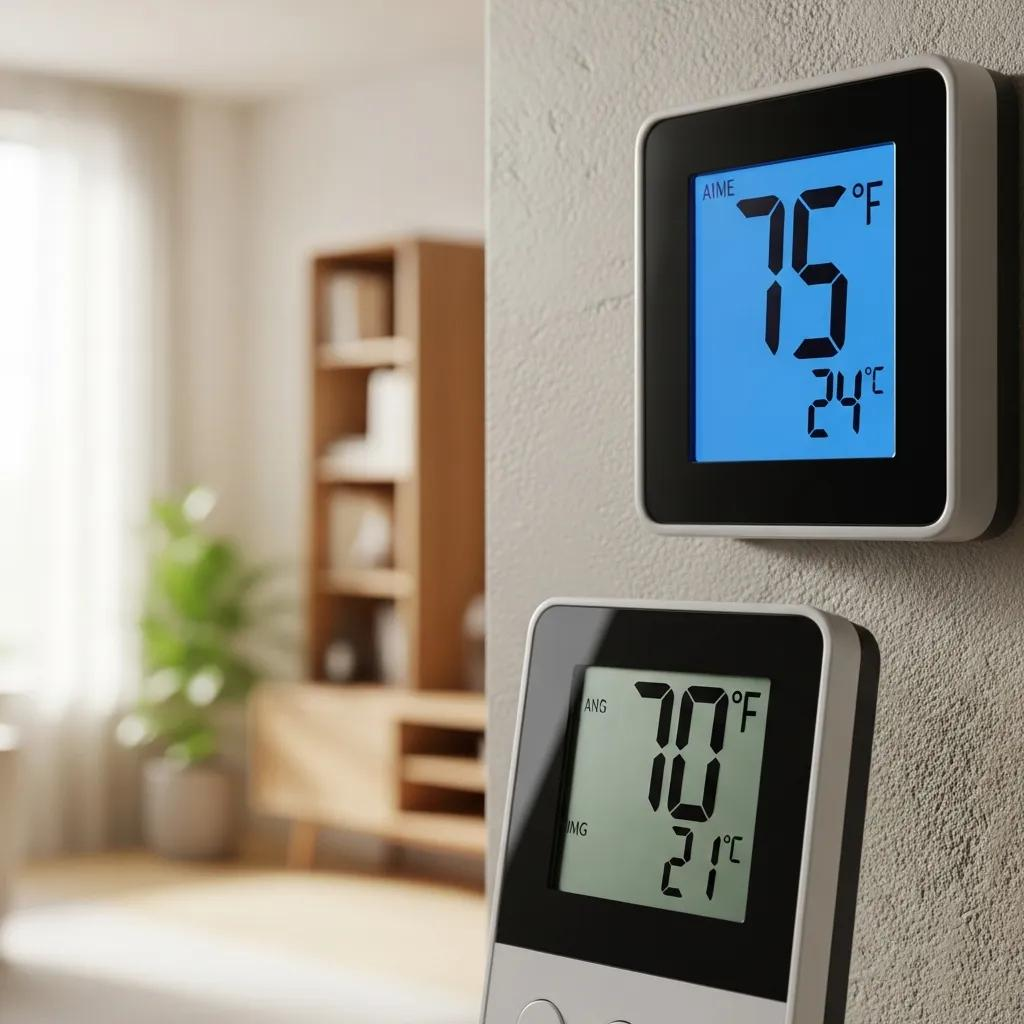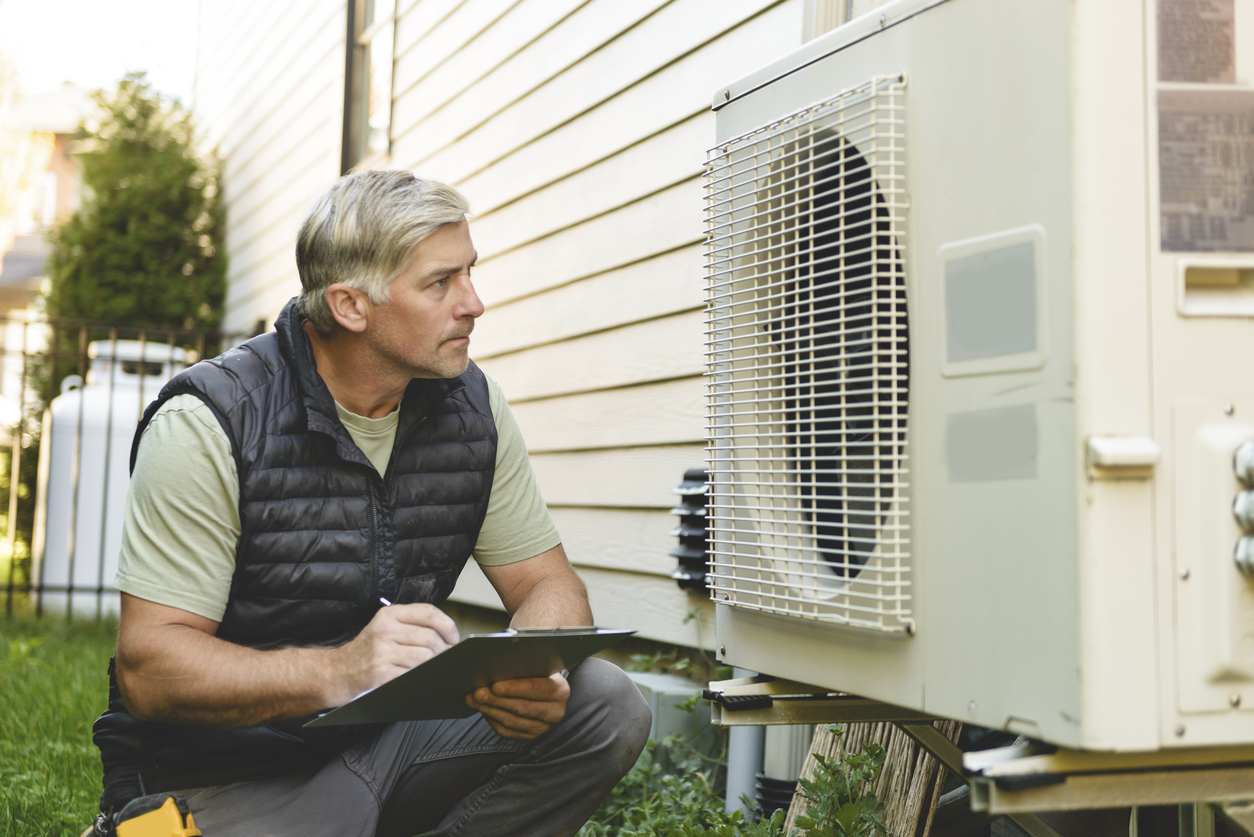Troubleshooting a Short-Cycling Heater in Newberg

If your heater can’t seem to stay on for more than a few minutes before shutting off again, you’re probably dealing with a short-cycling issue. This problem isn’t just annoying, it can wear out your heating system faster than normal and lead to higher energy bills. During colder seasons in Newberg, a heater that’s constantly turning on and off won’t keep up with your home’s comfort needs.
Short-cycling is more than a mechanical hiccup. It’s usually a symptom of something else going wrong inside the system. Whether it’s a dirty filter, faulty thermostat, or an improperly sized heater, the issue needs to be addressed to avoid larger repair costs later. Homeowners in Newberg often begin noticing this problem during the early fall when heaters are running more often, especially overnight.
Common Causes Of Short-Cycling
There are several reasons a heating system may keep turning off too soon. Most issues can be traced back to airflow problems, thermostat settings, or mismatched equipment sizing. It can be frustrating, but understanding the usual sources of the problem helps narrow things down.
Here are some common causes of heater short-cycling:
1. Dirty Air Filter
A clogged filter restricts airflow, which can cause the heater to overheat. When this happens, the system will shut off quickly to protect itself. This is one of the most straightforward problems to correct, but one of the easiest to overlook.
2. Faulty Thermostat
The thermostat is the system’s control center. If it’s broken or placed in a spot that experiences temperature swings (like near a window or vent), it might send the wrong signal to the heater. This can cause the system to shut off early because it thinks the desired temperature has already been reached.
3. Heater Too Large For The Home
If the furnace is oversized for the square footage of your home, it will heat up too fast and shut off before reaching all the areas evenly. That rapid cycling creates wear on the system and doesn’t allow your home to heat consistently.
4. Blocked Vents or Duct Issues
Air has to flow freely through registers and vents. If furniture is in the way or there’s a blockage in a duct, the reduced airflow might trigger safety features inside the system and cause it to shut down early.
5. Low Airflow From Blower Problems
Even if ducts and vents are clear, low airflow from the blower motor could be the cause. Weak airflow will make it hard for warm air to reach all rooms, leading to cold spots and fast shutoffs.
A homeowner in Newberg once reached out after noticing their heater kept switching off every few minutes. It turned out their air filter hadn't been changed in more than a year. The simple act of replacing the dirty filter brought the heater back to normal operation without any other work needed. That’s not always the case, but it shows how much of an impact small maintenance issues can have.
Understanding what's causing short-cycling helps guide the next steps. If you find yourself changing the filter with no improvement, or if you’re unsure about the thermostat’s condition, it’s probably time to get a closer look from our professionals.
Identifying Symptoms Of Short-Cycling
Recognizing the signs of a short-cycling heater early can help prevent additional damage to the system. While the biggest sign is the heater turning on and off more frequently than usual, there are a few other things to watch for as well.
Common symptoms include:
- Repeated on-and-off cycles every few minutes
- Uneven room temperatures, especially colder areas further from the unit
- Increased energy usage without better comfort
- Unusual noises during start-up or shut-down
- Cold air blowing from vents before warm air arrives
These symptoms don’t always point to short-cycling alone, but when combined, they tend to show that the system is under strain. A heater working in short bursts can't warm the air evenly, which can make homes in Newberg feel colder even when the system is constantly running.
Short-cycling also tends to show up more often during the early days of cooler weather. Since the system hasn’t been used much during the warmer months, any existing issues that were unnoticed in spring or summer may become obvious now. If the house seems colder than it should be, and you’re hearing your heater click off more than once every 10 minutes, it might be time to address these signs before larger wear-and-tear sets in.
Steps To Troubleshoot A Short-Cycling Heater
When a heater in your Newberg home starts short-cycling, it usually means something is off with airflow or system communication. While repairs should be handled by trained technicians, there are safe first steps you can take to understand what might be going on. None of these checks involve opening up the unit, and they give you a clearer picture of whether further help is needed.
Here are some practical steps every homeowner can take when trying to troubleshoot a heater that keeps turning off too quickly:
1. Replace The Air Filter
Start by checking the air filter. If it looks dirty or clogged, change it. A fresh filter allows smooth airflow, helping the system operate properly. This is one of the most common causes of short cycling and can often be fixed with a quick filter swap.
2. Check Room Vents
Walk through your home and make sure all supply and return vents are open and unblocked. Furniture, rugs, or curtains can restrict airflow if placed in front of vents. Blocked vents can reduce the air movement your heater depends on to warm your home evenly.
3. Reset And Inspect The Thermostat
Double-check your thermostat settings. Make sure it’s not set to a temperature close to the current room temperature, as that can cause the heater to cycle more often. If the thermostat is near a heat source or draft, it could be sending false readings to your system.
4. Observe The Heater’s Cycle
Pay attention to how long the heater runs before shutting off and turning back on. If the heater shuts down within a minute or two, even after the filter is replaced, the issue might be more serious and could involve internal components.
5. Listen For Unusual Noises
Clicking, thumping, or whirring sounds could mean problems with the blower motor or heat exchanger. These parts affect the system’s function and should be assessed by a trained professional if they seem off.
If you've gone through these steps and the problem continues, it’s time to bring in trained professionals to assess what’s going on inside the unit. Many short-cycling problems stem from causes that require proper instruments and training to diagnose safely.
When To Call Our Professionals
Some issues go beyond quick troubleshooting. If your heater in Newberg keeps short-cycling even after you’ve done the basic checks, that points to a deeper problem. Internal wiring faults, blower motor failure, or safety switches could be involved. These aren’t things homeowners should try to fix themselves.
It’s also smart to contact our technicians when:
- The thermostat works fine, but the heater still won’t stay on
- You hear strange noises that weren’t there before
- Your home doesn’t reach the temperature set on the thermostat
- The unit smells like it’s overheating or burning
- You've replaced the filter and checked all vents, with no improvement
In these cases, trained professionals can assess the full system and determine whether the issue is mechanical, electrical, or related to system sizing. They’ll also make sure your equipment is safe to use, especially if it's shutting down due to internal overheating. Getting a professional opinion keeps you from spending on unnecessary repairs or parts that won’t solve the problem.
Keeping Heating Systems Running Smoothly In Newberg
Short-cycling can seem like a minor issue at first, but it often leads to more wear and tear if left alone. Heating systems in Newberg homes work harder in the colder months, especially around late September through the winter. That’s why it’s important to keep an eye on system behavior and respond early when something seems off.
Preventing short-cycling starts with regularly replacing filters, keeping vents open and unblocked, and ensuring your thermostat is located in a good spot. Annual inspections by certified technicians help catch problems before they affect your comfort or raise your energy bills. If you notice your heater turning off too soon, it's better to address the problem quickly than delay and risk needing large repairs.
Taking these steps keeps your system in better condition, reduces unwanted shutdowns, and helps keep every room in your home warm and comfortable during the heating season in Newberg. Being proactive can make a big difference in system performance and reliability.
If persistent heating issues keep disrupting your comfort, consider exploring our heating services in Newberg to get a full assessment of your system's performance. Renhard Heating and Cooling offers reliable, professional support that ensures your home remains warm and safe during the colder months, and our technicians can help identify problems before they escalate into major repairs. For a quick estimate or to book a service visit, please contact us today.
Customer Testimonials
Hear what our satisfied Newberg, OR, customers have to say about the honest, reliable service they've received from our multi-generational team.
Latest Posts

Upgrade to Energy Efficient HVAC for Maximum Savings





